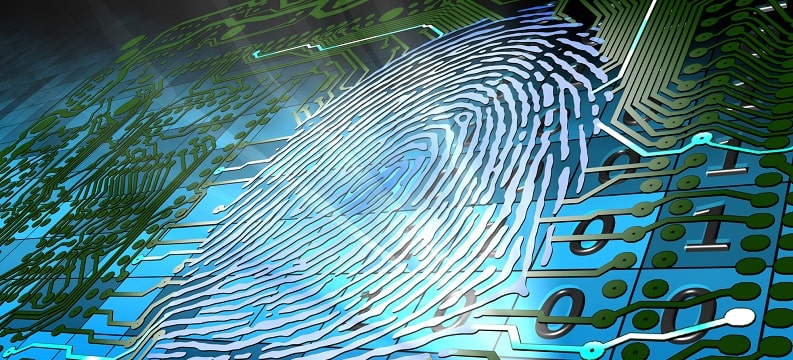The evolution of business digitalisation has led to a radical change in the way we sign documents. For many years, documents have been signed on paper, but the need for immediacy, cost reduction and security have driven the biometric signature of documents through electronic signatures. This post tells you what biometric signatures are, what benefits they offer, their security, and how they work.
What is a biometric signature?
The biometric signature is a technology that uses biometric data such as voice, iris, or fingerprint to sign. Biometric signatures sometimes use a device such as a mobile phone or tablet that captures the image of a person’s signature and identifies it unequivocally by analysing the handwriting speed, the pressure of the signer, the orientation of the digital pencil, etc. This type of signature should not be confused with printing a document, signing it, scanning it and sending it. This procedure does not provide the security provided by biometric signatures.
For a biometric signature to be considered an advanced electronic signature, it has to meet the requirements of Article 26 of the eIDAS Regulation, which are as follows:
- Signatory identification.
- A unique link to the signatory and the signed data.
- Traceability of any post-signature changes.
- Ensuring that only the signatory can generate the signature.
What advantages does biometric signature provide?
Biometric signatures have several benefits for companies that use them or integrate them into their electronic signatures. Here are some of them:
- The signing process is streamlined and faster as fewer steps are taken, and unnecessary travel is avoided.
- It is possible to know at any time who has signed, who has not and to follow up with notifications so that the process is completed as soon as possible.
- No need to print the document for signing and no need for signatories to travel to sign. Documents are signed on the go from any device at any time.
- It is a fully legally binding type of signature to be used as evidence in court.
- It boosts the sustainability and corporate social responsibility of companies by reducing the use of paper and energy.
Is biometric signature secure?
The technology used in biometric signatures ensures that they are reliable for signing documents because of the following factors
- The biometric signature uses unique signatory characteristics (fingerprint, iris, voice etc.), thus guaranteeing authenticity.
- Real-time information is collected and linked to the person providing the information and to the document being signed.
- The information is encrypted so that it is protected against tampering, and it is guaranteed that the signed document has not been amended after signing.
- All data of this electronic signature process is stored in electronic documentary evidence, so it is easy to know who has signed, which IPs have been involved, which email addresses have been used and which documents and attachments have been signed, to name but a few. Moreover, the information on the signature process is stored online by the electronic signature provider.
This means that the biometric signature can be used as evidence of the document signature in legal proceedings and, should its validity be disputed, a handwriting expert report can be provided.
Choosing the most suitable biometric signature provider for my business
Selecting the right biometric signature provider is important to fuel the digital transformation of your business. So here are some of the elements you need to consider:
- The signature solution should be integrated free of charge with your ERP or CRM.
- You pay per use, no fixed fees or minimum consumption
- Ensure that the technology used for the biometric signature complies with current legislation, including the eIDAS Regulation.
- It should provide an advanced electronic signature solution that meets the requirements of Article 26 of the eIDAS Regulation
- To generate an electronic evidence document that can be downloaded and viewed at any time.
- To create a time stamp that guarantees that the signed document has not been amended after signature.
- To adapt the whole signing process to your company’s corporate image
- To monitor and track who has signed and who has not yet signed.
Biometric signatures are key to ensuring that your company’s processes are fast and that your company generates a good corporate identity, both externally and internally. Besides, it is straightforward to test the electronic signature providing additional convenience to your customers and suppliers.
